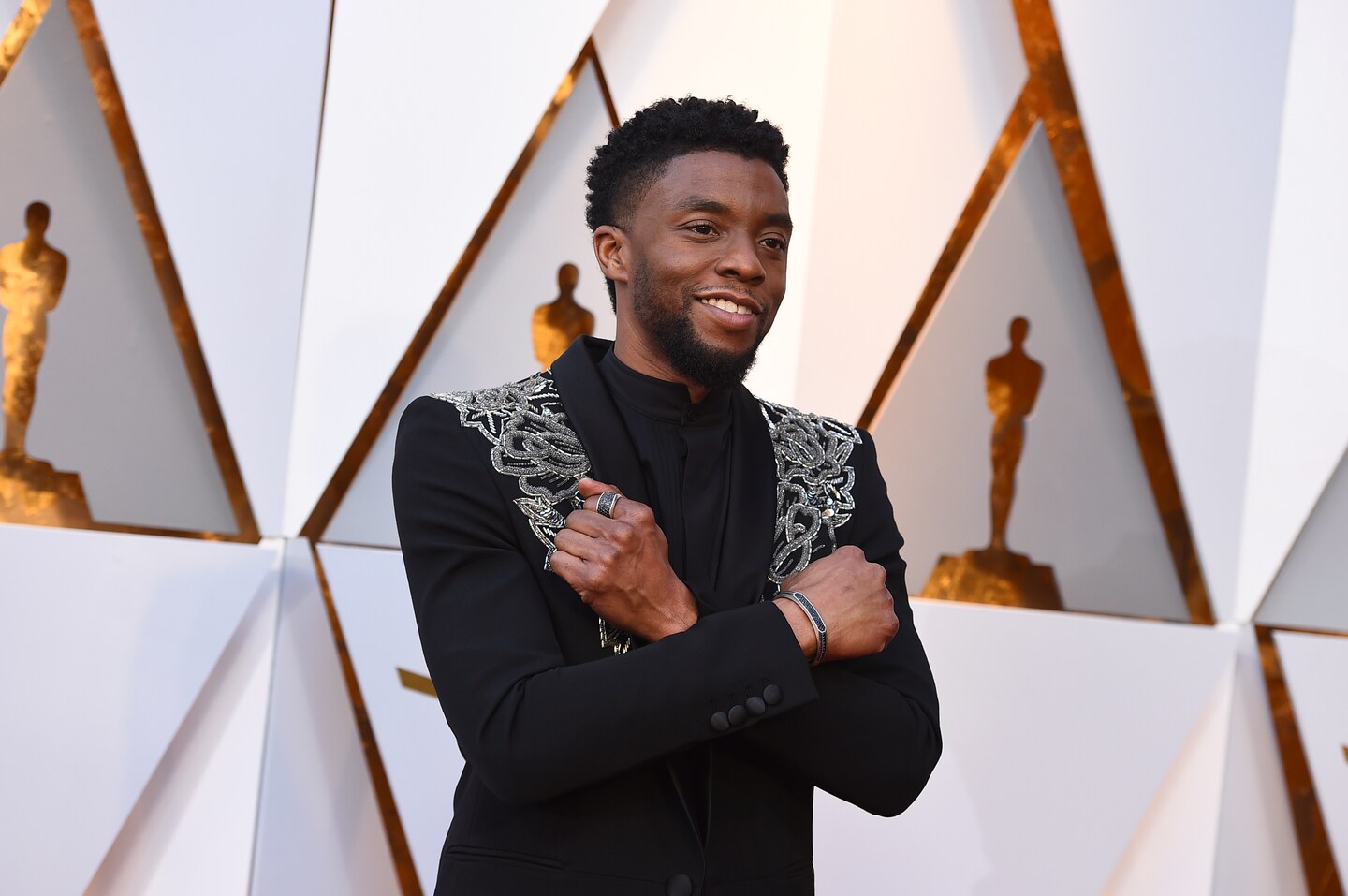In Africa, Chadwick Boseman’s ‘Black Panther’ was also warrior against stereotypes

His death on Friday following a four-year battle with colon cancer underscored the 43-year-old actor’s global cultural impact.
When Pierre-Emerick Aubameyang, a Gabonese soccer player with the British team Arsenal, scored a goal during a game Saturday, he celebrated by striking Boseman’s famous “Wakanda Forever” pose, arms folded over his chest.
While the futuristic Wakanda was a figment of Marvel’s imagination, Boseman’s portrayal of its fictional leader won praise for engaging with many of the contemporary issues shaping African culture and politics.
Africa is a continent of 54 countries and over 1.2 billion people, but in Western media it is often portrayed as monolithic, Abosede George, a history professor in Barnard College’s Africana studies department, told Inside Edition. Wakanda, in contrast, notably presented a diversity of aesthetics and environments, she said.
The ongoing legacy of European colonization of the continent remained a constant thread throughout the movie’s narrative. In “Black Panther,” one of the keys to Wakanda’s success is that it escaped the European scramble to divide up the continent in the 19th century, allowing it to maintain control of its own political sovereignty and national resources.
Boseman himself consequently insisted that his character have a South African-inspired accent — and not a European or American one — to underscore Wakanda’s independence as a Black and African nation.
“I was like, ‘No, this is such an important factor that if we lose this right now, what else are we gonna throw away for the sake of making people feel comfortable?” Boseman said. If T’Challa had a European or American accent, the actor argued, it wouldn’t be authentic to Wakanda’s experience of thriving without being colonized.
The movie’s sweeping aerial shots of beautiful views from countries including South Africa, Zimbabwe and Uganda — places with their own tortured history with colonialism — kept the fictional story of success feeling both refreshing and relatable for some viewers in Africa.
“People really liked it because it has connections to the way of life here, and the characters are somewhat related to tribes in Africa. It touches everyone,” Elias Abraha, a theater manager in Addis Ababa, Ethiopia, told The Washington Post after the movie’s debut.
Veteran South African actor John Kani, who played Boseman’s father in “Black Panther,” told South African media on Saturday that Boseman was a courageous actor whom he considered like a son.
“He was aware that this was an Africa moment. This is one opportunity we all had to do justice to Africa’s dignity and Africa’s possession to the world,” Kani said.






